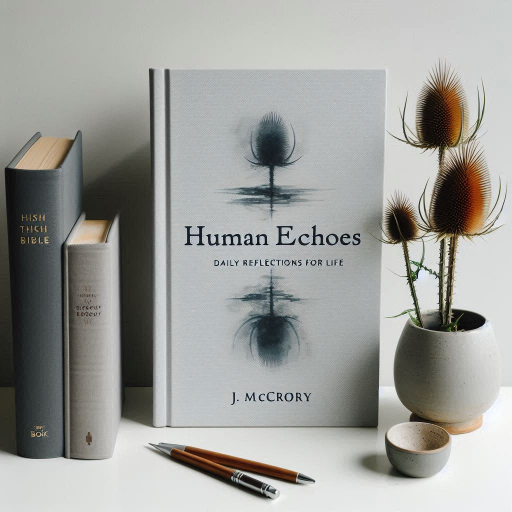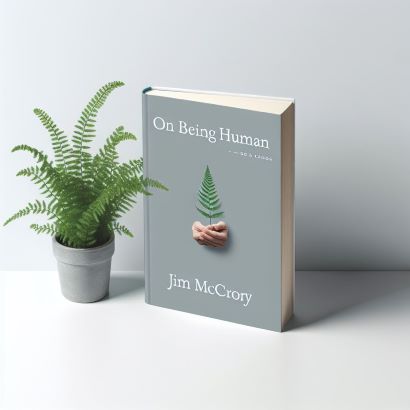The more afraid someone is of being vulnerable,
the more likely they are to crave power to protect themselves.

As a Christian, I find my mind increasingly troubled, caught between a faith rooted in Christ’s simplicity and a world of religious institutions that elevate men to positions that seem perilously close to divine authority. What was meant to offer sanctuary often unsettles my soul instead. These systems, while proclaiming themselves divinely inspired, assert possession of “the truth,” yet over time they reveal a disquieting instability: doctrines shift, policies mutate, the certainties they once insisted upon are revised or abandoned altogether. For a faith founded on eternal constancy, such wavering is a source of deep spiritual anguish.
The voice of Jesus, however, cuts through the noise with unwavering clarity. I hear His words like a balm: Ephesians 2:18 — “For through him we both have our access in one Spirit to the Father.” Access not mediated by man, not rationed out by councils or congregations, but granted directly through the Son. No hierarchy. No gatekeepers. Just the open arms of the Father.
And yet, this pure truth collides painfully with the systems that call themselves "Christian." How can one be "God-inspired" when the truths declared today contradict the convictions of yesterday? The inconsistency rattles my conscience. It feels not like the sure hand of God but like the restless reshaping of human hands hands that are ever building, ever altering, ever grasping.
I struggle especially with the triangular power structures so often found: a narrow summit crowded by men who demand obedience, beneath which the faithful are organized in descending ranks. It is a vision of authority that seems so far removed from the Servant-King who knelt to wash feet. These leaders, in claiming a special insight into the will of God, all too often position themselves between the believer and the Father, a role Christ alone was meant to fill. Instead of nurturing a personal relationship with God, such systems seem designed to tether believers to the institution itself, binding them with obligations of loyalty and conformity.
Nowhere is the fracture more visible than in the practices of disfellowshipping, excommunication, and shunning. I have seen the devastation first-hand: families torn, lifelong friendships shattered, hearts broken, not because of rebellion against Christ, but because of a refusal to conform to human interpretations. To see love wither under the weight of institutional control wounds me more deeply than words can say.
I cannot help but think of the Pharisees whom Jesus rebuked — men who, under the guise of devotion, twisted God’s law into heavy burdens. Jesus did not condemn their desire for righteousness but their blindness to love. And now, I see the same spirit alive: a fierce preservation of order at the expense of mercy, a clinging to image over compassion.
Even worse, some of these institutions, in their desperation to protect themselves, have hidden grievous wrongs. Stories of abuse, concealment, and silence abound, revealing a chilling truth: when survival of the organization becomes the highest aim, Christ’s call to love the least of these is drowned out.
Despite this, my heart remains tender. I do not look down on those who remain within these structures. I understand the longing for belonging, for certainty, for a place to anchor one’s soul. Many within are sincere, seeking God with all they have. I love them — they are my brothers and sisters, fellow wanderers in search of home.
But I cannot quiet the deep, persistent voice within me — a voice that whispers of another way. A way free from the heavy scaffolding of human authority. A way rooted in Christ alone. A way where love is not subject to committees, and access to the Father is not doled out as a reward for obedience.
In
the end, all the shifting doctrines, all the changing policies, all the clamour
of human systems fall away before the simple, unchanging truth:
Jesus is the way, the truth, and the life.
No institution, no council, no leader can stand in His place. Through Him
alone, I have access to the Father.
And through that access, I find peace.






 Image generated with the assistance of ChatGPT
Image generated with the assistance of ChatGPT
